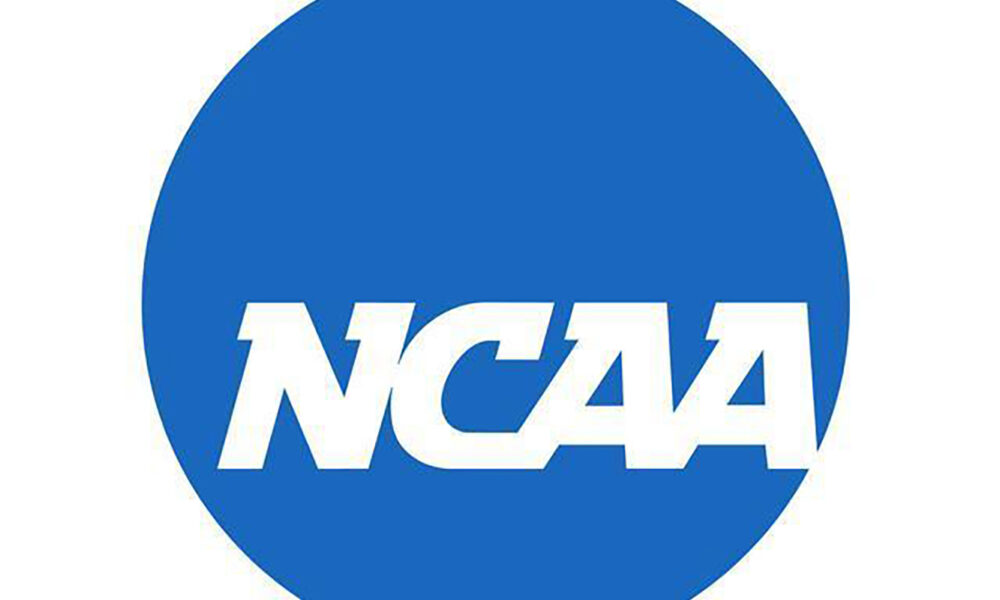The NCAA lost a major Supreme Court dispute on Monday that could lead to significant change in college athletics.
In a unanimous decision, the Supreme Court ruled that student-athletes could receive education-related payments and that the NCAA has illegally restricted education-based benefits.
In an opinion delivered by Justice Neil Gorsuch, he wrote that the NCAA wanted “immunity from the normal operation of the antitrust laws,” which the court did not grant.
In a concurring opinion, Justice Brett Kavanaugh said the NCAA is “not above the law” in how it treats athletes.
“Nowhere else in America can businesses get away with agreeing not to pay their workers a fair market rate on the theory that their product is defined by not paying their workers a fair market rate,” Kavanaugh wrote. “And under ordinary principles of antitrust law, it is not evident why college sports should be any different.”
The case doesn’t determine whether student-athletes can be paid salaries, but instead will help determine whether schools can offer education-related benefits for things such as computers, graduate scholarships, tutoring, study abroad and internships.
Here is the opinion in NCAA v. Alston. Justice Gorsuch delivered the opinion for a unanimous court. Justice Kavanaugh wrote separately to concur. https://t.co/GKlC9G6Q6e
— SCOTUSblog (@SCOTUSblog) June 21, 2021
Kavanaugh: pic.twitter.com/o2kKaAVZhT
— Timothy Burke (@bubbaprog) June 21, 2021
